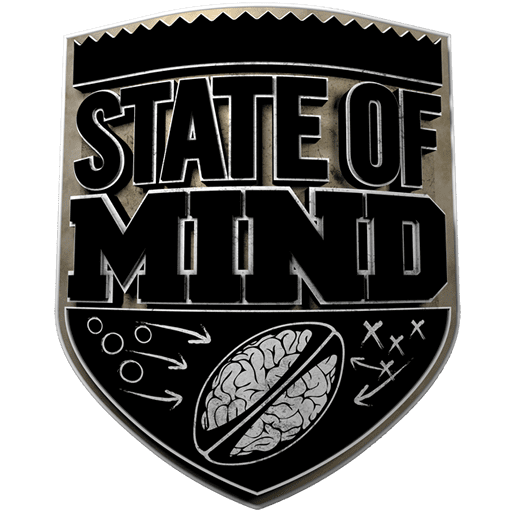Player Welfare Managers from all twelve First Utility Super League and full time Kingstone Press Championship clubs joined the RFL Welfare team on a two day residential course at Reaseheath College, Nantwich Cheshire.
The purpose of the residential was for the Player Welfare Managers to increase their knowledge, expertise and personal development and discuss best practice by hearing from key speakers from both Rugby League and other sports.

They were joined by NRL Education and Welfare Manager, Paul Heptonstall, who presented on new developments in Australia and NRL Head Career Coach, Jane Lowder explaining how to help players complete their studies successfully alongside their playing careers.
Professor David Lavallee, from University of Stirling, the leading UK academic in this area, presented on his research into athlete transitions out of sport and the transferable skills that players have which makes them in demand in the wider workplace.
The group also heard from National Player Development Manager for the Professional Cricketers Association, Ian Thomas regarding the excellent work that cricket is doing in this space and CEO of Sporting Chance, Colin Bland, spoke about how Player Welfare Managers can best support players who are having counselling or treatment for addiction and/or mental health problems.
RFL Welfare Director, Emma Rosewarne, said, “It was great to have so many inspirational speakers who are at the pinnacle of player welfare. All of those involved in welfare and education in the game are determined to continually improve the provisions for players. We all benefited from hearing about best practice in other countries and/or sports and will be putting what we learnt in to practice both centrally and at club level.”
The Player Welfare Managers continued work on their Institute of Leadership & Management (ILM) course on Coaching & Mentoring, delivered by staff from Reaseheath College.
Assistant Dean of Higher Education at Reaseheath College, Mark Harris, said, “Reaseheath College has been working with the RFL to develop opportunities to support the education and training of Super League clubs.
Coaching is a powerful tool in developing individual and organisation performance by unlocking capability, with the welfare managers developing a tool kit and confidence to foster a greater coaching relationship. Representatives from each of the clubs have been fully engaged and value this programme.”

